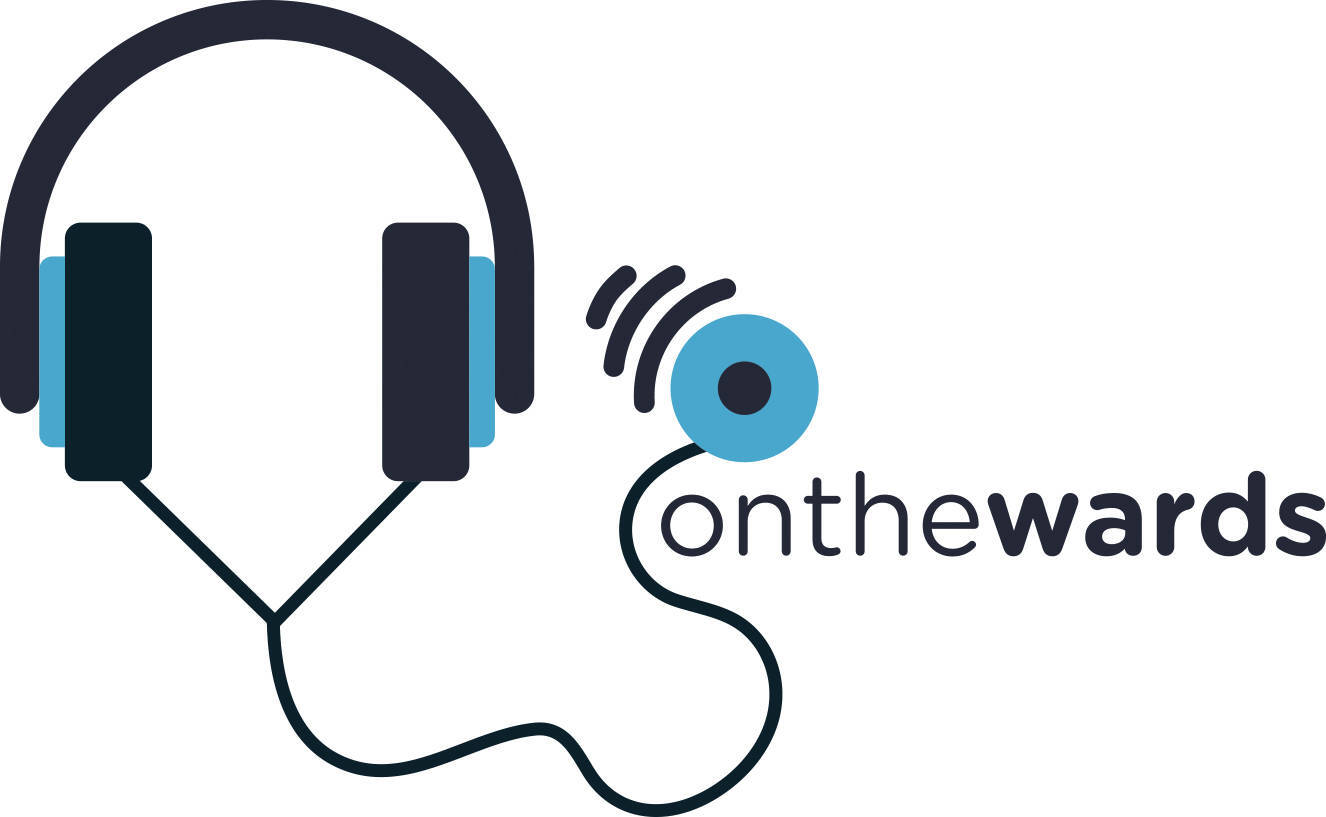Working as an Anaesthetist in regional or rural areas offers several unique benefits:
-Competitive Salaries and Lower Cost of Living: Rural areas often offer competitive salaries to attract healthcare professionals and lower cost of living, which can help you manage expenses and pay off student loans more effectively.
-Financial Incentives: You might qualify for loan repayment programs and other financial incentives aimed at attracting healthcare professionals to rural areas. These can include tax credits, bonus payments, and more.
-Diverse Case Experience: In a rural setting, you may handle a wider variety of cases, enhancing your skills and experience. This can be particularly rewarding and educational.
-Community Impact: You can make a significant difference in the health and well-being of rural populations by providing critical anaesthesia services. This can be incredibly fulfilling as you contribute to the local community.
-Advancement and Travel Opportunities: Many rural hospitals offer opportunities for career advancement and travel, allowing you to explore different regions and gain diverse experiences.







